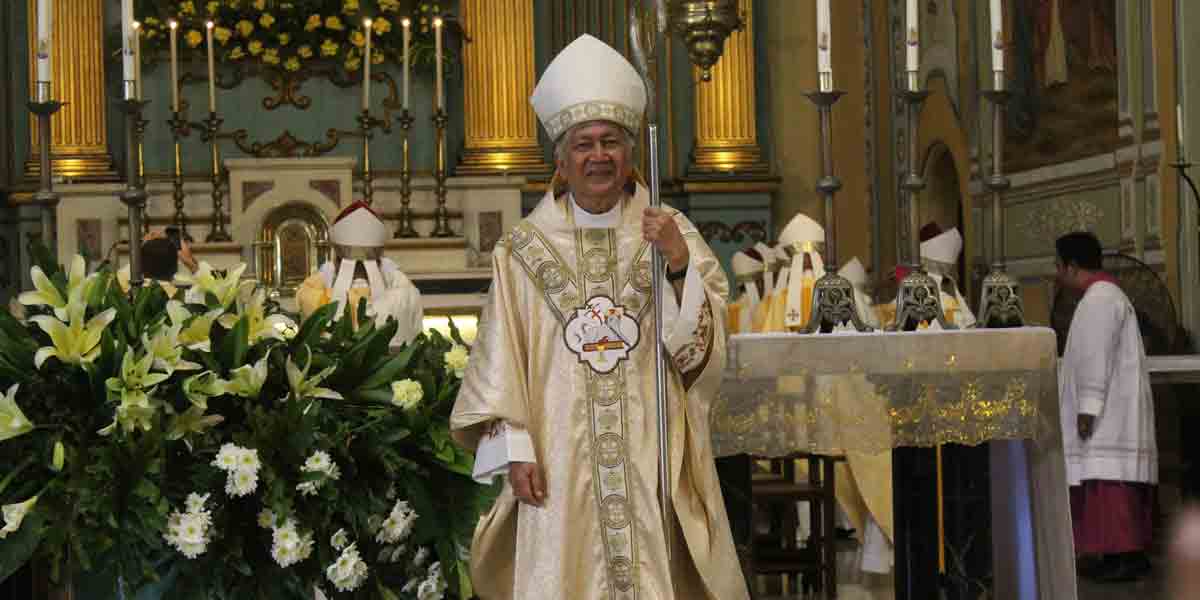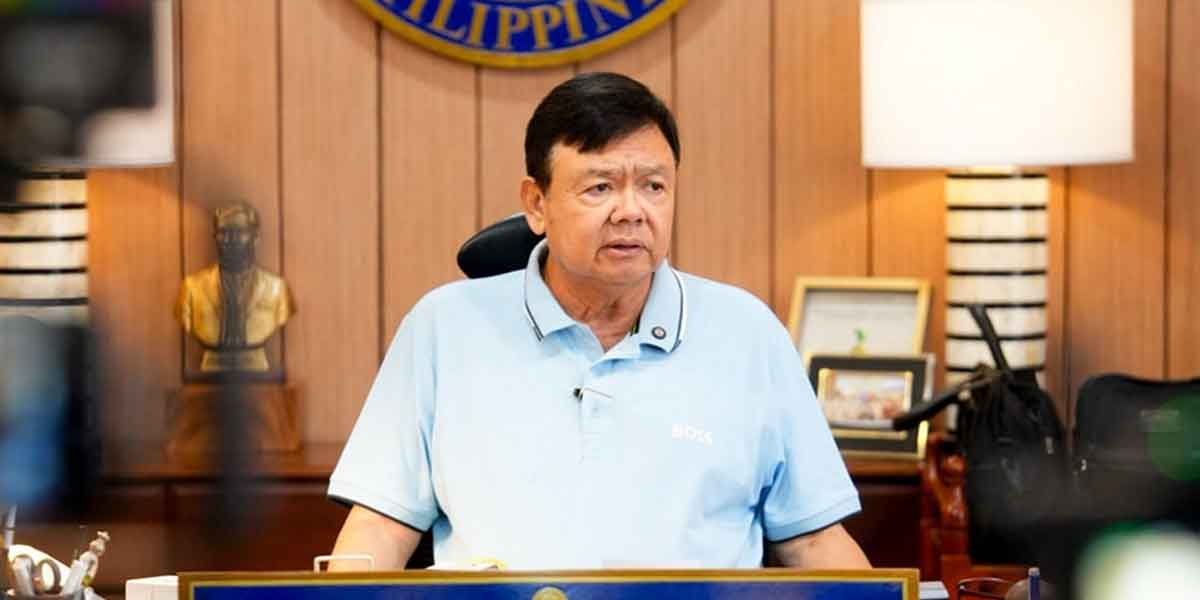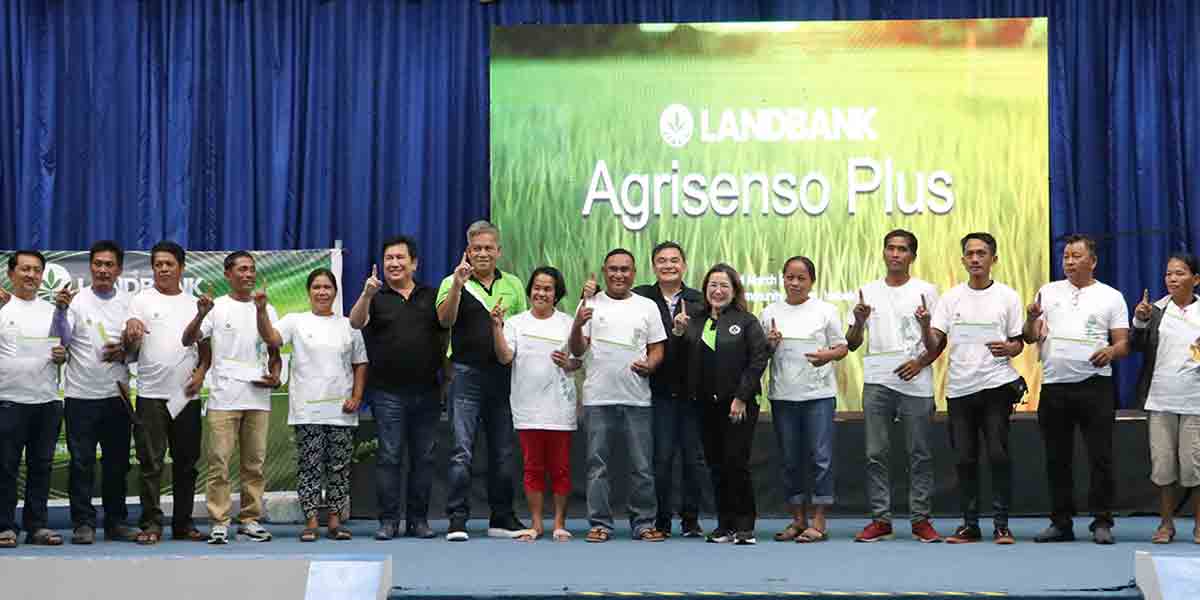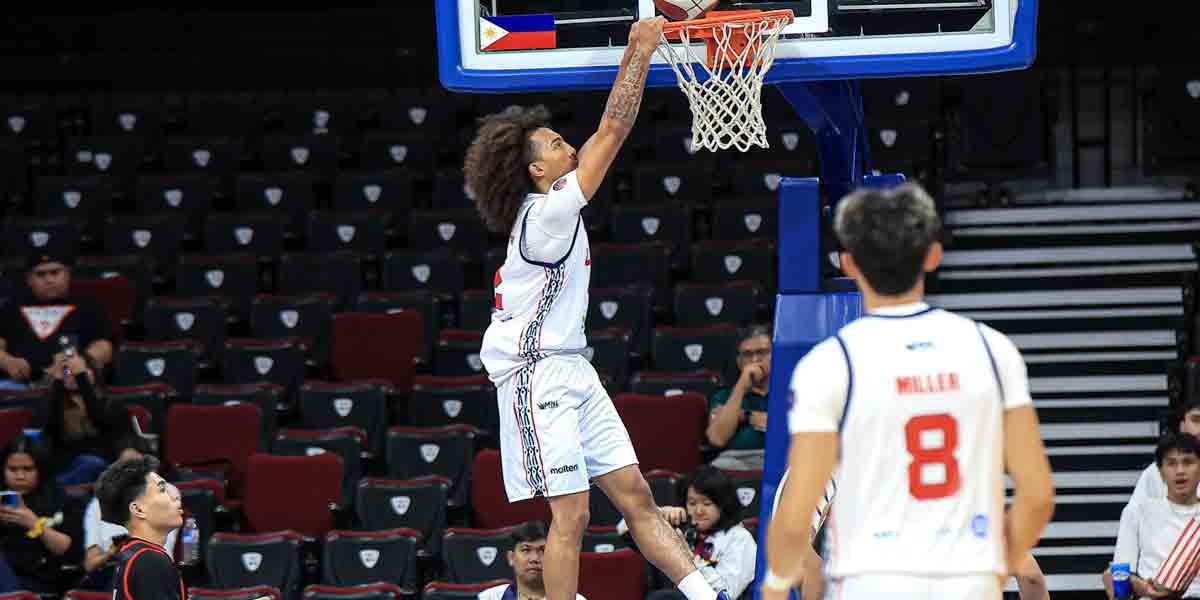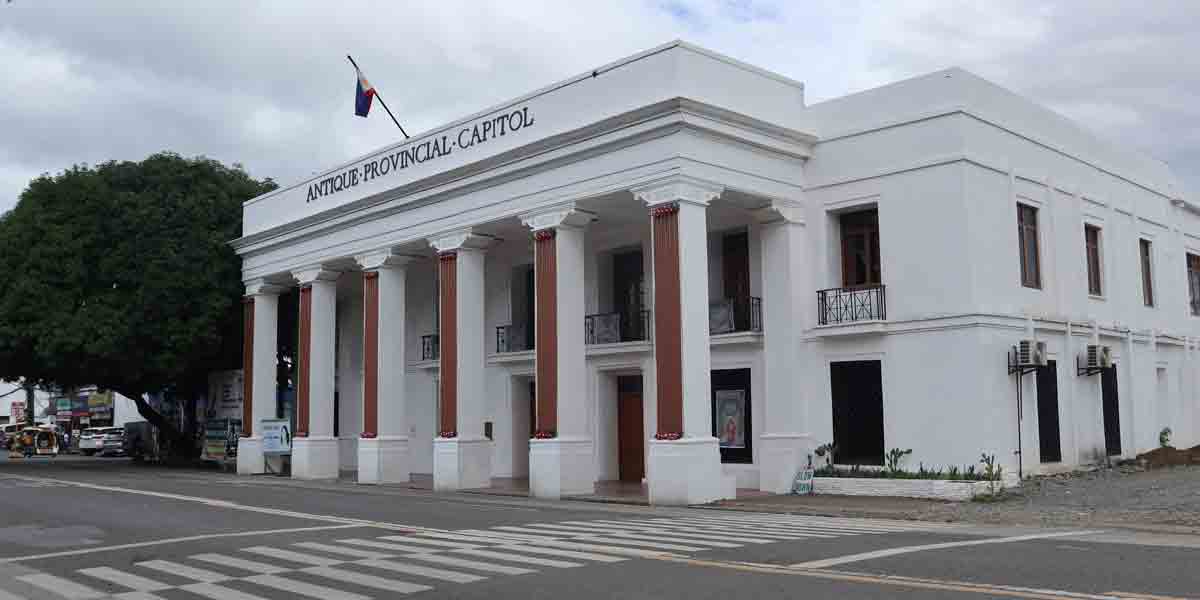
By Noel Galon de Leon
As U.P. High School in Iloilo (UPHSI) prepares to kick off another academic year next week, an intriguing thought crossed my mind while organizing teaching materials: How can we make Filipino more engaging for students and inspire active participation in learning?
Recent observations reveal a concerning trend—a decline in young people’s interest in Filipino and its literature. Many students view the subject as impractical and irrelevant, often dismissing it with indifference. This sentiment is particularly prevalent among students outside Manila, where the primary language is neither Tagalog nor Filipino.
I began to wonder: Could the rising popularity of BINI’s music provide a new angle to connect students with the Filipino language? By exploring Filipino through the lens of contemporary phenomena such as P-pop (Pinoy Pop) and virality, we might make learning Filipino as a subject not only more engaging but also more relevant.
For our first class, I’ve developed a lecture outline that could benefit other educators teaching Filipino, language, pop culture, or music. My plan is to reintroduce BINI, a prominent Filipino girl group central to the P-pop movement. Their music and image offer a contemporary take on Filipino identity, reflecting the aspirations of today’s youth. By integrating Filipino into their songs, BINI underscores the language’s importance in mainstream culture.
Culturally, BINI serves as an inspiring example for young Filipinos, encouraging them to celebrate their heritage while embracing modern influences. Their rising popularity highlights the global potential of P-pop and the Filipino language, demonstrating that they can succeed internationally while maintaining a distinct Filipino identity. BINI’s role extends beyond entertainment; they are also advocating for Filipino culture on the global stage.
BINI’s success in the digital age can be attributed to their adept use of social media and online platforms. To help my students understand the dynamics of BINI’s virality, I will cover the following aspects:
BINI effectively uses Twitter, Instagram, TikTok, and YouTube to connect with fans, employing strategies like dance challenges, behind-the-scenes content, and interactive posts to build a robust fanbase and enhance visibility.
They’re visually captivating and well-produced music videos are crucial to their viral success. BINI’s choreography, fashion, and overall aesthetic attract global attention while incorporating Filipino elements to resonate with local audiences. Their live performances and media appearances also extend their reach.
BINI’s strong engagement with their fanbase, BLOOMs, is vital for their virality. The passionate fandom in the Philippines actively promotes the group through social media trends and events, boosting their visibility.
BINI’s partnerships with brands and influencers help expand their reach and create viral content. Sponsored posts, endorsements, and collaborations contribute to their growing visibility.
BINI’s ability to release content aligned with current trends and significant events ensures that their songs and videos resonate deeply and spread rapidly.
BINI’s success has led to increased exposure both domestically and internationally, proving that P-pop can compete on a global scale. Their achievements open doors to endorsements, guest appearances, and collaborations with major industry names.
In guiding my class through the factors behind BINI’s virality, I will refocus on the importance of using the Filipino language in ways that resonate with both local and global audiences. The lesson will emphasize that to ensure the evolution of Filipino, we must adapt it to contemporary societal demands. For example, we need to embrace a more flexible approach by adapting the language of academia and research to align with the contemporary ways young people communicate.
We must advocate for the use of Filipino across diverse social media platforms, aiming to elevate it beyond casual conversation to a dynamic medium that reflects our artistic expressions. Filipino should be viewed as a language of prestige, serving as a bridge that engages and educates the public. The goal is to make Filipino relevant in serious national and academic discussions, encouraging students to embrace and celebrate our language year-round, not just during Buwan ng Wikang Pambansa. (This content was generated with the assistance of artificial intelligence technology.)
Noel Galon de Leon is a writer and educator at University of the Philippines Visayas, where he teaches in both the Division of Professional Education and U.P. High School in Iloilo. He serves as an Executive Council Member of the National Commission for Culture and the Arts-National Committee on Literary Arts.

